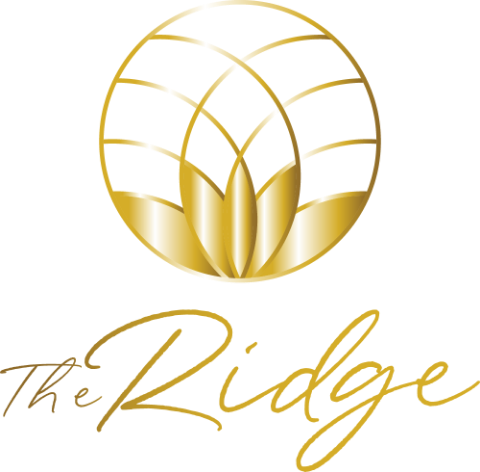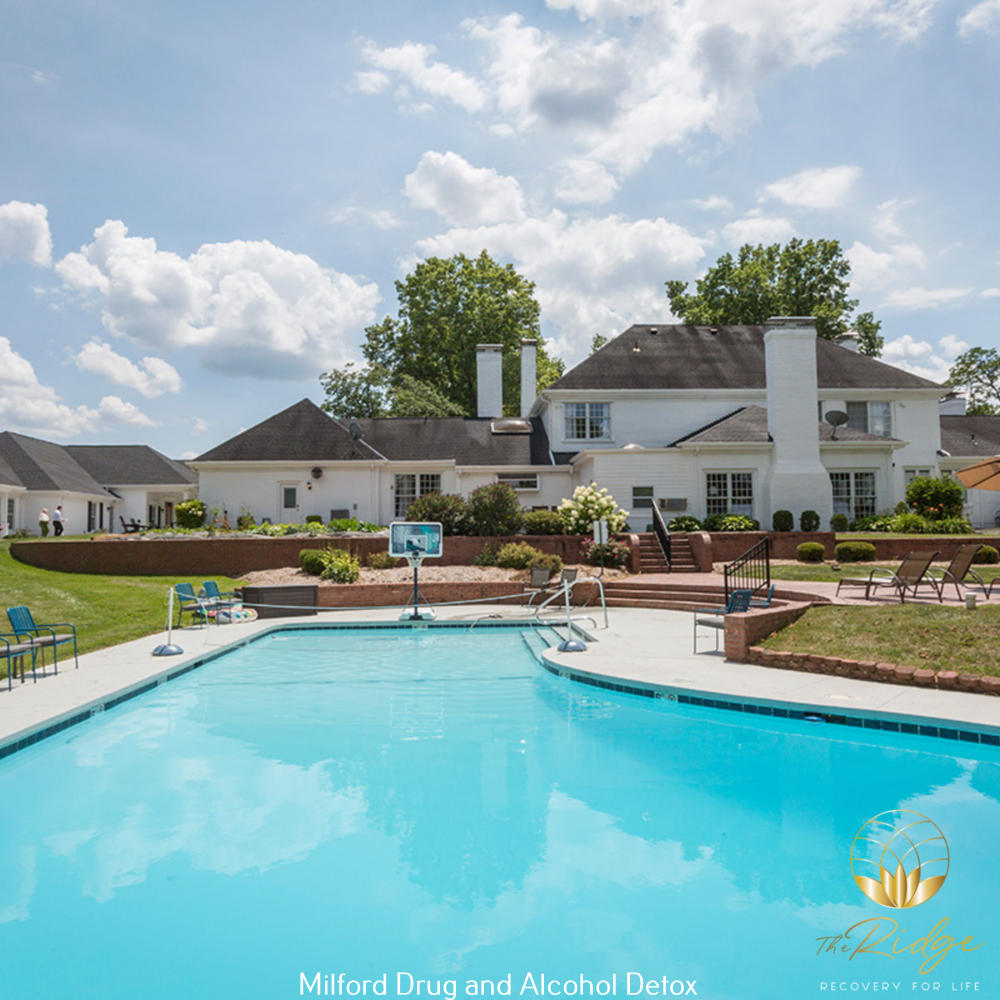Why The Ridge?
Evidence-Based Drug & Alcohol Rehab Center in Ohio
Welcome to The Ridge, a drug and alcohol rehab in Ohio that offers a holistic approach to healing from substance use disorder. Guided by compassion, expertise, and a commitment to individualized care, we provide a supportive environment where you can focus on your path to sobriety. From detoxification to comprehensive outpatient treatment, we offer programs that address the roots of addiction and co-occurring disorders to empower you to get your life back. Contact us today to learn how our Ohio rehab center can help you reach your recovery goals.

























